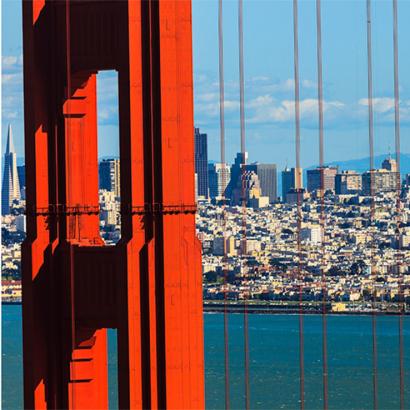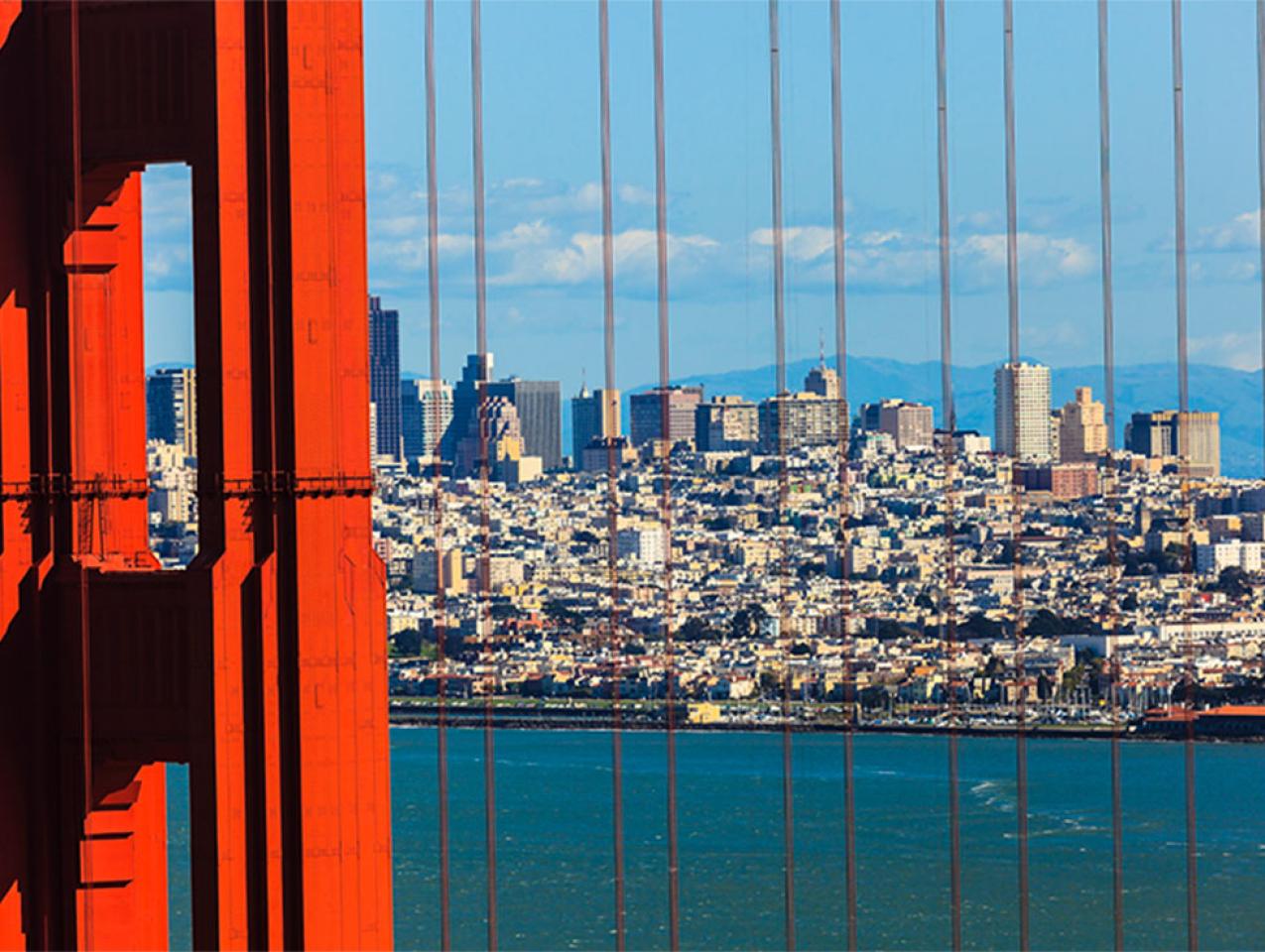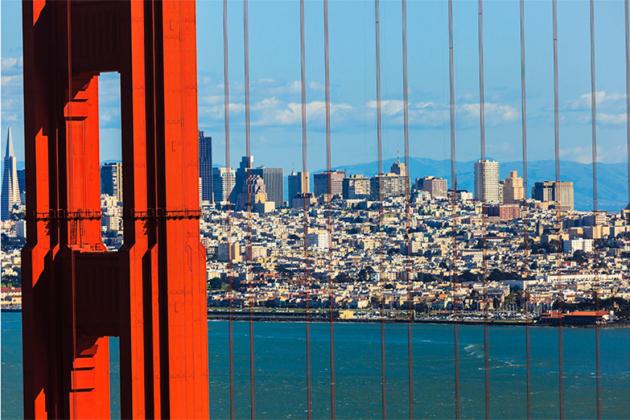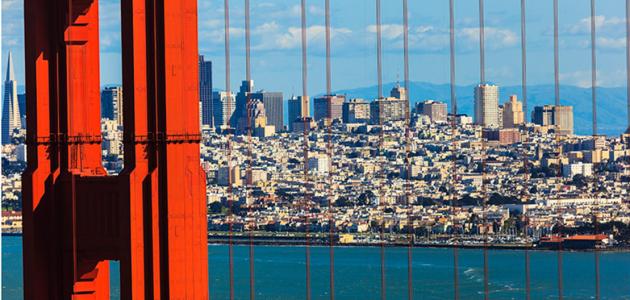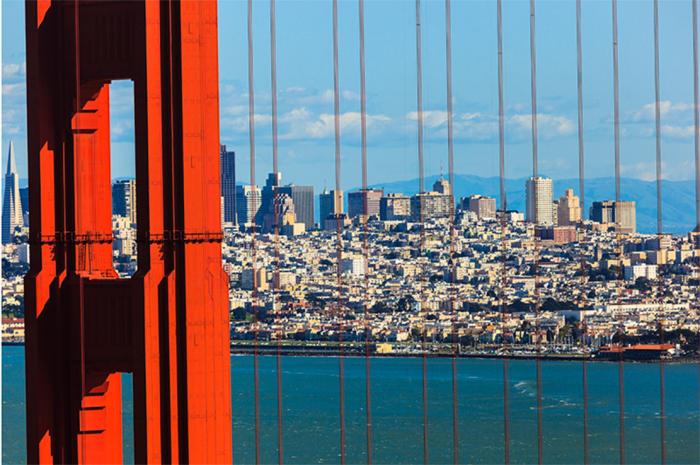- Economics
- US Labor Market
- Budget & Spending
- Law & Policy
- Regulation & Property Rights
- Politics, Institutions, and Public Opinion
- State & Local
- California
San Francisco supervisors thought they had designed a wealth tax that would hit only those benefiting from the initial public offerings (IPOs) of highly successful San Francisco technology businesses, such as Uber, Pinterest, and Airbnb, among others. Tech companies often compensate employees partially with stock, whose values can rise enormously in an IPO. City supervisors thought they had found a new gold mine, as tech IPOs have been creating thousands of new millionaires overnight, which in turn create a new tax base. Supervisor Gordon Mar estimated that an IPO tax could generate up to $100 million annually for the city.
But it turns out that the new IPO tax would hit not just the beneficiaries of IPOs. Instead, their proposal would tax anyone receiving stock-based compensation from any firm.
The new tax would nearly quadruple the current tax rate on stock-based compensation for all employees from 0.38 percent to 1.5 percent. Interestingly, the tax was at 1.5 percent before 2011, when the city reduced the rate to its current lower level to incentivize businesses to stay in San Francisco at a time when California was mired in a very severe recession.
The 2011 tax cut worked. Not only did San Francisco retain important businesses, it attracted startups that took off, such as Lyft, which competes with Uber in the ride-sharing industry. San Francisco’s economy took off after the recession. Real output in the San Francisco metropolitan area rose by 32 percent between 2011 and 2017.
But now, San Francisco politicians want to return the tax to its previous level. As San Franciscans learned that the “IPO tax” was anything but that, opposition grew quickly. “What’s disappointing is the blatant misleading of the title,” said Rodney Fong, the CEO of San Francisco’s Chamber of Commerce. “By using the phrase IPO, it’s assumed it is just [a tax on] the ones that are going to go public.”
It does not appear that city supervisors wanted to mislead people about the tax. Rather, they rushed out a tax bill that was poorly written and that would not do what it was intended to do.
As opposition mounted to the tax increase, it became clear to city supervisors that there would be nowhere near enough support for the proposition to pass. The measure would require two-thirds voter approval because it is a special-purpose tax, with revenue intended for affordable housing, education, youth programs, and to “address inequality.” Currently in California, taxes raised for specific purposes require a supermajority to pass. Anticipating a large defeat, supervisors just pulled the proposal from November’s ballot.
But city supervisors also say that a new tax proposal will arrive next year and will likely be used for general purposes, thus requiring only a simple majority to pass. Supervisor Mar stated, “As our city leads in so many measures of economic inequality, we have a moral obligation to take the lead in addressing them. “IPOs exacerbate these crises”, he also said.
In 2011, San Francisco politicians viewed retaining tech companies as a priority. Now they look at the remarkable success stories of these companies—Uber, Lyft, Pinterest, Salesforce—as a problem, despite the fact that tech IPOs will already generate about $700 million in tax revenue for the state this year.
Supervisors should be delighted that San Francisco is home to such remarkable success stories. Isn’t this exactly what they were hoping for? Apparently not anymore, at least not for today’s politicians, who mistakenly view high tech as the 800-pound gorilla that is turning San Francisco upside down, raising home prices and rents, gentrifying neighborhoods, increasing homelessness, and increasing inequality.
But there is a very different view of what is going on in San Francisco. Successful locations grow, and they implement policies that accommodate the changes associated with that growth. There is no better example of this than California’s growth between 1950 and 1980, when the state grew from about 11 million people to about 24 million people. State and local politicians welcomed that growth. They made large infrastructure investments and facilitated development. The rising demand to live in California was accommodated by a strong increase in housing and infrastructure supply.
Today, state and local policies prevent the accommodation of growth. I previously have written about how San Francisco supervisors make decisions that routinely delay and drive up the costs of development, including a high-density apartment building in the city that a supervisor tried to block because it cast an afternoon shadow on a neighboring school and playground.
San Francisco made a great policy choice to cut the tax on stock-based compensation during the very deep recession California experienced following the financial crisis. The 2011 policy choice was based on sound economic reasoning, which was to attract and retain the most innovative and productive businesses. It succeeded.
But now San Francisco politicians blame the most successful businesses for the problems that they face. The primary job of local politicians is to implement policies that promote economic prosperity and quality of life in that location. “Unicorn” tech firms such as Uber are a gift to the city and should be making the jobs of politicians that much easier. If you were a politician, would you prefer to be working in an economically vibrant city, or one that is decaying?
The solution is that local politicians must implement a very different set of policies that accommodate growth rather than fight growth. Until this is done, San Francisco will continue to confront the problems that they blame on successful businesses but that are rooted in local economic policies.








